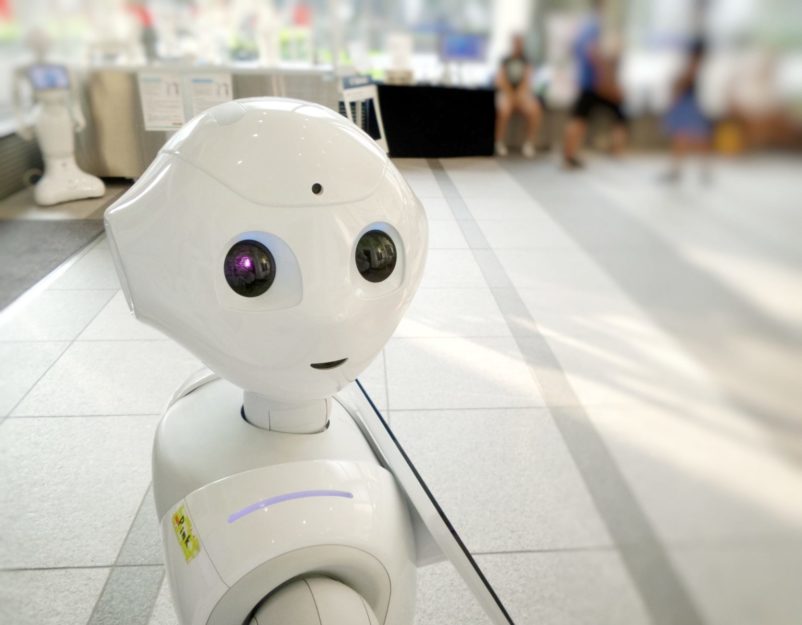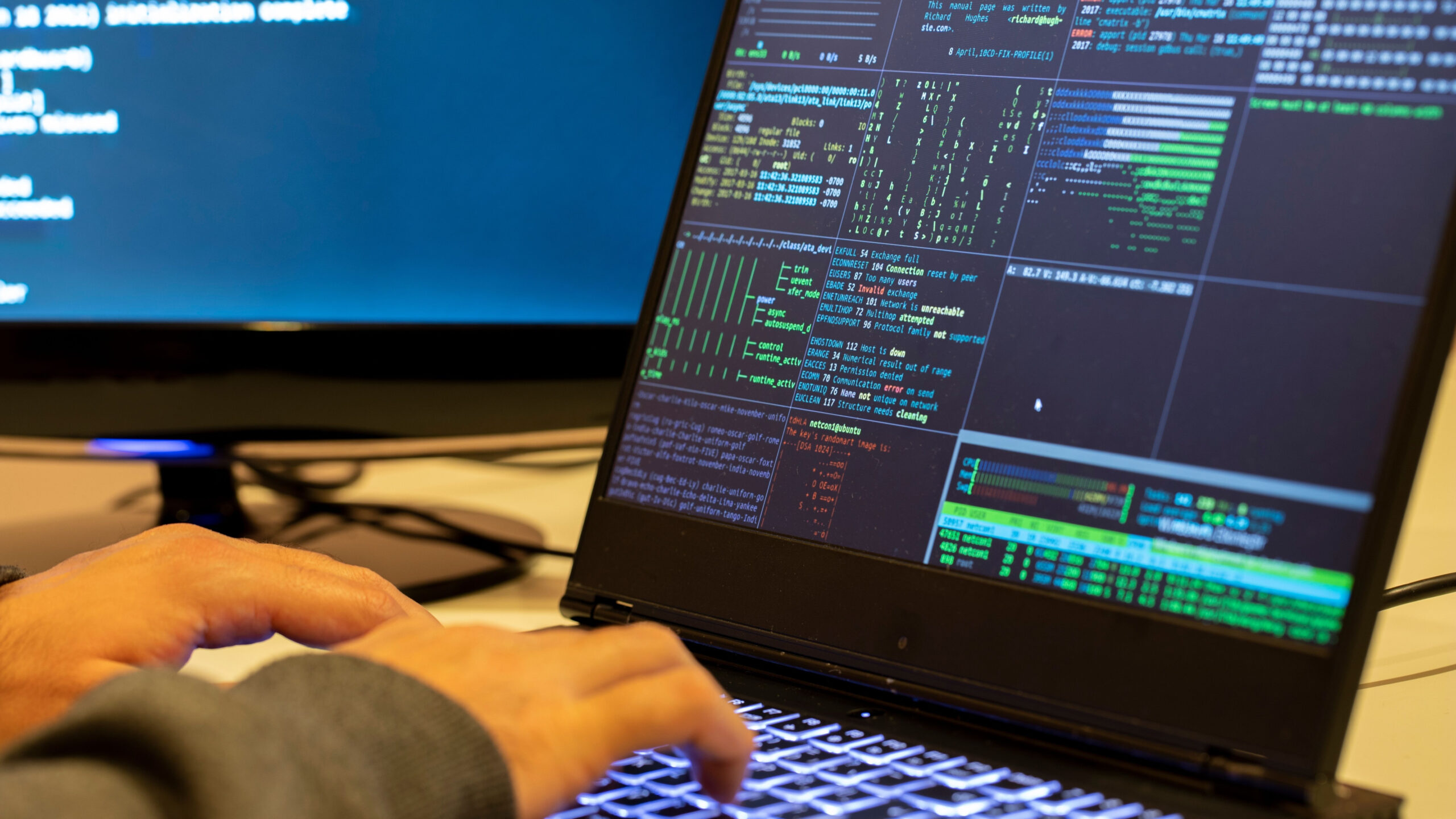Fair Use, Artificial Intelligence, and Creativity

DisCo is taking part in Copyright Week, a series of actions and discussions supporting key principles that should guide copyright policy. Every day this week, various groups are taking on different elements of the law, and addressing what’s at stake, and what needs to be done to make sure that copyright promotes creativity and innovation.
Fair use is essential to a new category of creative works: works generated by an artificial intelligence (“AI”) process. Currently these works include translations, music, and poetry. As AI gets more sophisticated, the works AI processes can generate will also get more sophisticated, and more pleasing to human sensibilities.
Many AI processes rely on the ingestion of large amounts of copyrighted material for the purpose of “training” an AI algorithm. Fair use is the legal theory in the United States that allows the copying of these works. Numerous appellate courts have found the mass copying of raw material to build databases for uses by AI processes to be fair use under 17 U.S.C. § 107. Authors Guild v. Google, Inc., 804 F.3d 202 (2d Cir. 2015); Authors Guild v. HathiTrust, 755 F.3d 87 (2d Cir. 2014); A.V. ex rel. Vanderhye v. iParadigms, LLC, 562 F.3d 630, 640 (4th Cir. 2009); Perfect 10 v. Amazon.com, Inc., 508 F.3d 1146, 1165 (9th Cir. 2007); Kelly v. Arriba Soft Corp., 336 F.3d 811, 818 (9th Cir. 2003).
A separate question is whether the works generated by an AI process are themselves copyrightable. As a general matter, a work produced by an AI process, without the involvement of a natural person contributing to the resulting work, should not qualify as a work of authorship protectable under U.S. copyright law. The Copyright Office currently refuses to register a work that was not created by a human being.
Withholding copyright protection from a work resulting from an AI process for which there was no expressive contribution by a natural person is justifiable from a policy perspective; the AI algorithm, and the computer that runs it, do not require the economic incentive provided by copyright in order to create works. Indeed, AI is capable of quickly producing an enormous array of works. Recognizing copyright in such output could quickly create a minefield of legal issues, leading to litigation and uncertainty.
If a work resulting from an AI process is modified or enhanced by a natural person, that modification or enhancement may reflect sufficient originality to rise to the level of authorship, as required by Feist v. Rural Telephone, 499 U.S. 340 (1991). Of course, under 17 U.S.C. § 103, any copyright would extend only to the original elements contributed by the natural person.
The U.S. Patent and Trademark Office is conducting an inquiry on the impact of AI on intellectual property law and policy. In response to the PTO’s request for comments on IP protection for AI innovation, CCIA and Internet Association submitted joint comments that explored in great detail the issues discussed above–particularly the importance of fair use to AI processes that generate new works. Next month, the U.S. Copyright Office and the World Intellectual Property Organization (“WIPO”) will hold a symposium on how the creative community currently uses AI to create original works. WIPO also is conducting a public consultation process on AI and IP policy.
These inquiries should reveal that the existing legal framework is sufficiently flexible to address intellectual property issues related to AI, and no legislative or regulatory amendments are needed at this time.







